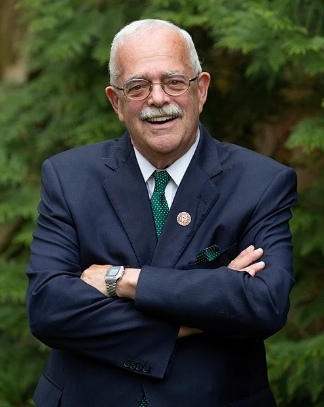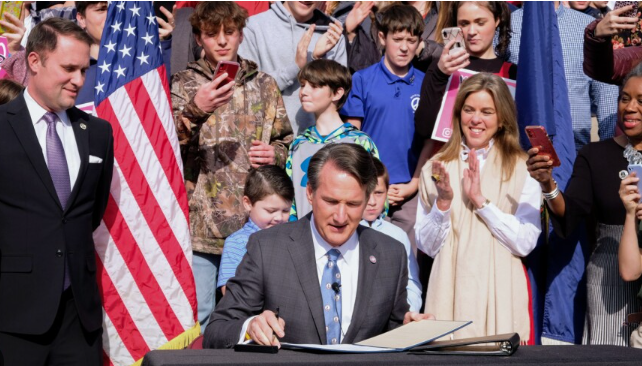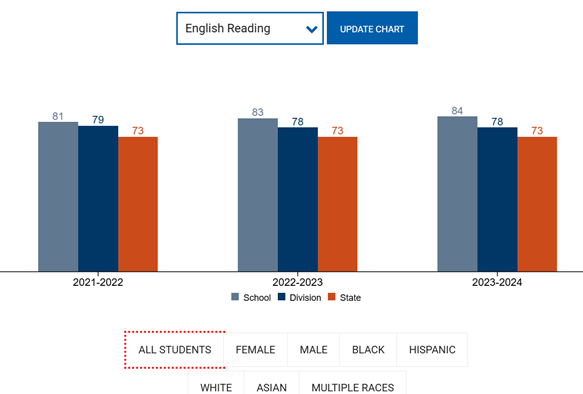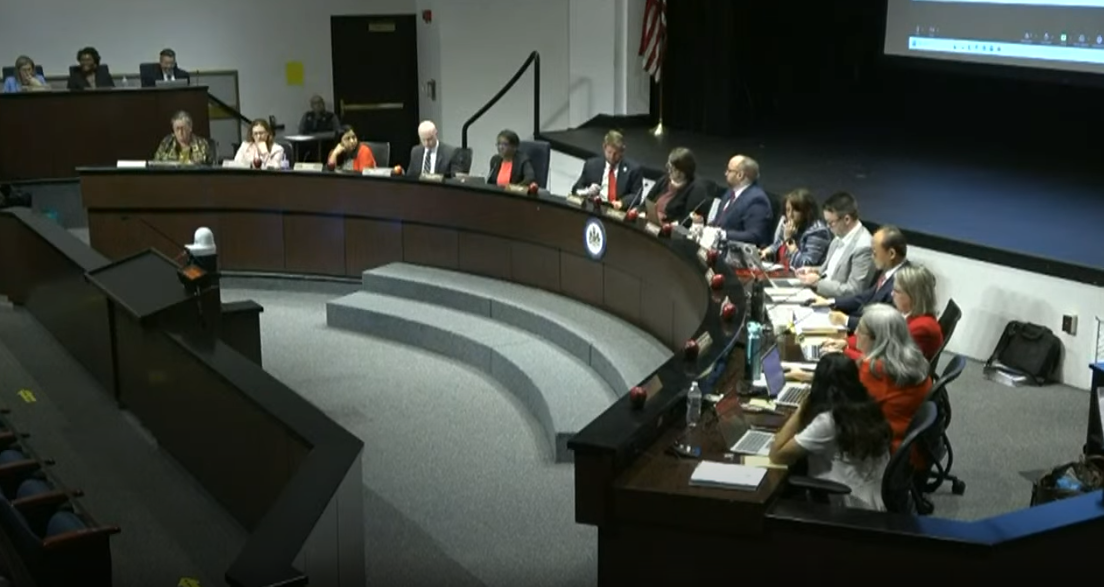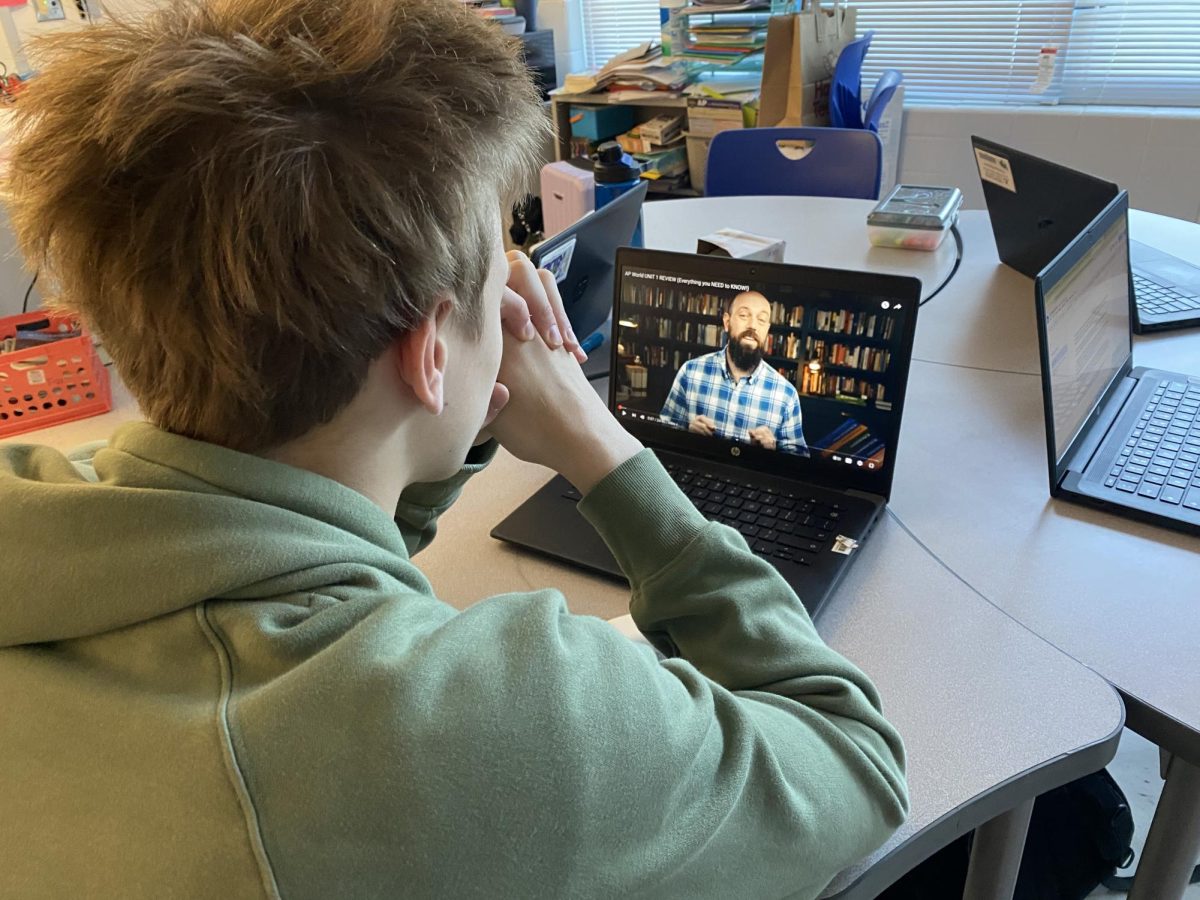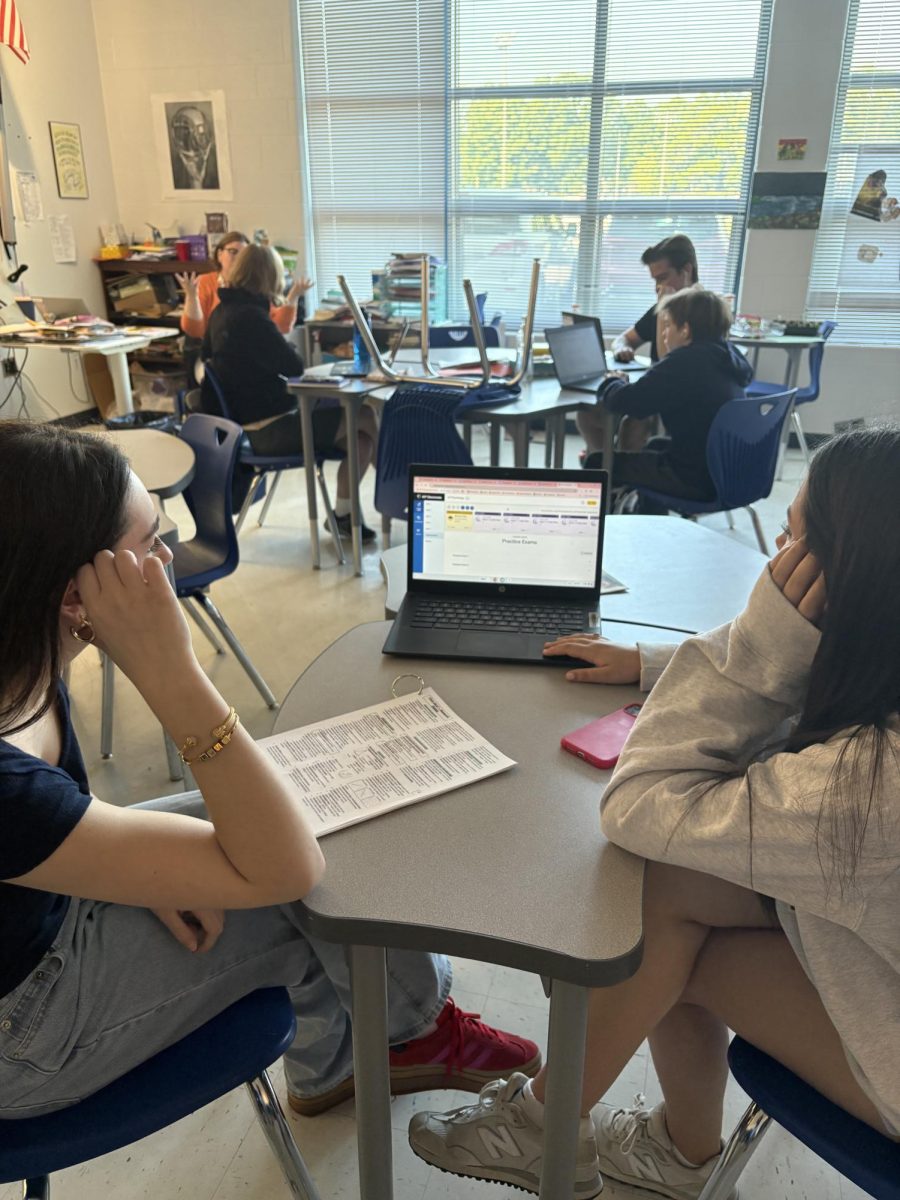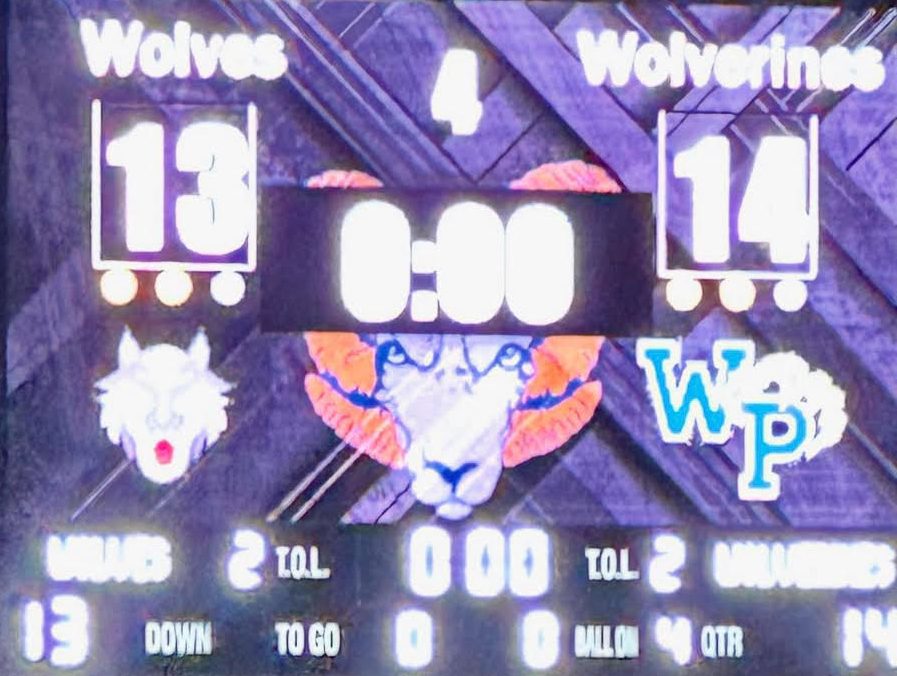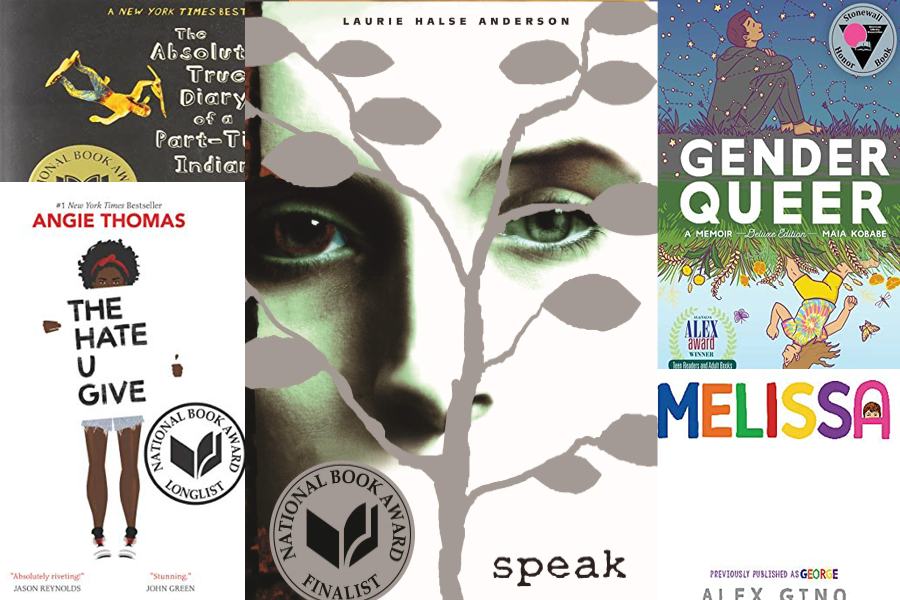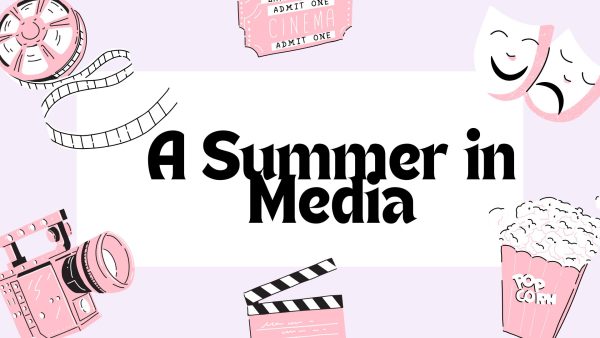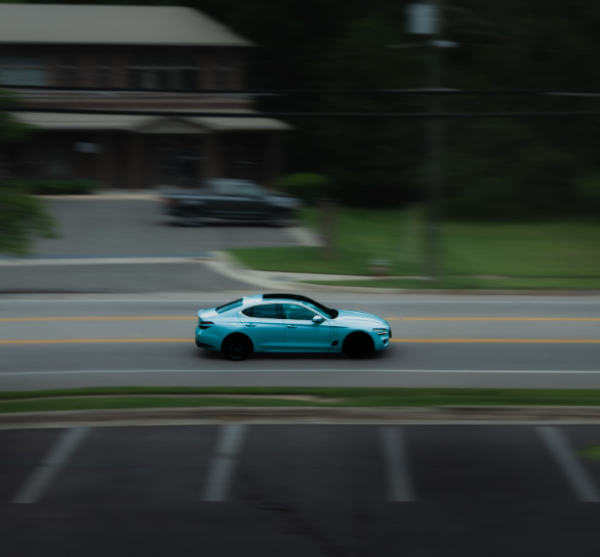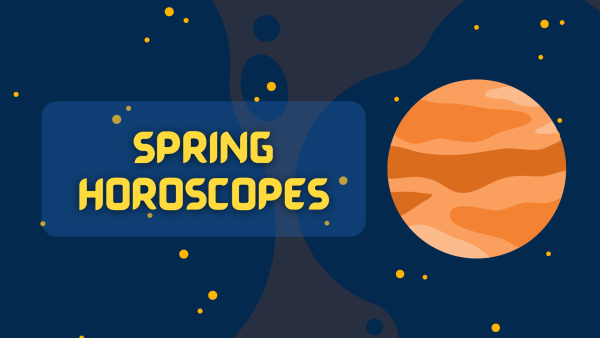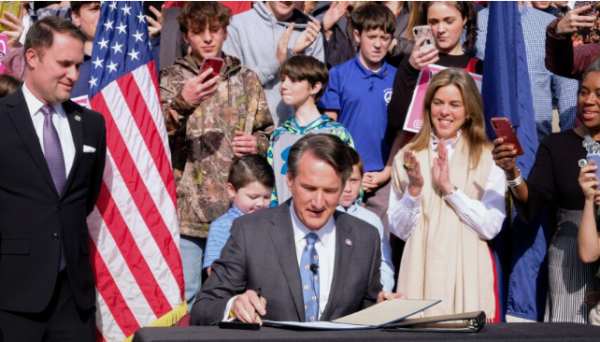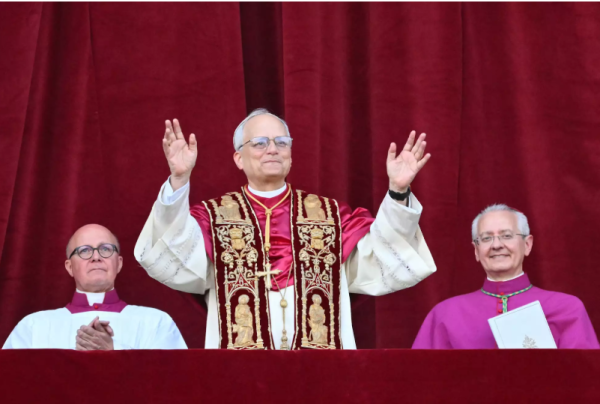Book Banning Trend Resurfaces
Places from schools and libraries have been banning books for years according to Reader’s Digest’s Article on the top 30 banned books. Books like “Gender Queer” by Maia Kobabe which focuses on the struggles of coming out as non-binary to your family, and “Melissa”(formerly known as George) by Alex Gino about a transgender girl named Melissa who is challenging the decision of not being allowed to play a female role in the school play by her teacher, were banned in more conservative school districts in 2019 and 2017 respectively because of religious people outrage over the discussion of topics relating to LGBTQ+ people. Books talking about Queer people were mainly banned in school libraries for a long time because of the stigma around queer people and topics about sexuality being deemed as “too mature for children” in more conservative and religious areas. It’s not just LGBTQ+ people too, according to Marshall.edu books like “The Absolutely True Diary of a Part Time Indian,” by Sherman Alexie was banned in Richland (WA) school districts in 2011 for explicit sexual reference and use of homophobic slurs.
On the topic of sexuality, books talking about rape and the effects that they have on (mostly) young girls have been banned also for the explicit scenes and the topic itself. “Speak” by Laurine Halse Anderson is a perfect example of this, being banned in Missouri Schools in 2010-2011. “Speak” is a story about a freshman girl named Melinda Sordino after getting sexually assaulted at a summer party and follows her in her external and internal conflicts. The book had also sometimes been banned for portrayal of underage drinking, and profanity.
Another big topic recently getting books banned is the discussion of racism. Racism has been a big issue in places like North America which have had a huge history of Anti-Black and Anti-Native American discrimination since the beginning, and even now today with police brutality. Some schools have banned books discussing the topics of racism, like “The Hate U Give” by Angie Thomas, which was banned in 2017 in Texas because of its graphic details of police brutality which often relates to racism, and its graphic descriptions of violence. Back in the 90’s and early 2000’s, books about wizards and witches like the “Harry Potter” series by J.K Rowling were under controversy by religious leaders and groups (mainly Christains according Reader’s Digest article on the top 30 banned books.) for discussion of witchcraft and its portrayal of death. Many religious families spoke against portrayal of witchcraft, deeming it “satanic”.
Banned Books had become widespread since the late 18th/early 19th century and were used as censorship from certain topics and ideas to prevent controversial topics getting out into the public’s eye. Books are most often banned by school libraries and schools because they are deemed “inappropriate to minors,” according to Pen America’s article on Missouri School Board’s banned books . Banned books are a big topic of discussion and a very big rabbit hole to go down. From some of your favorite classics you were surprised got banned, to the dark and truly disturbing and unsettling books to read.
Ali Ahmed, a local artsy freshman, enjoys drawing, going on walks, and making comics. In his free time he either plays with his cat, doodles in his sketchbook,...



